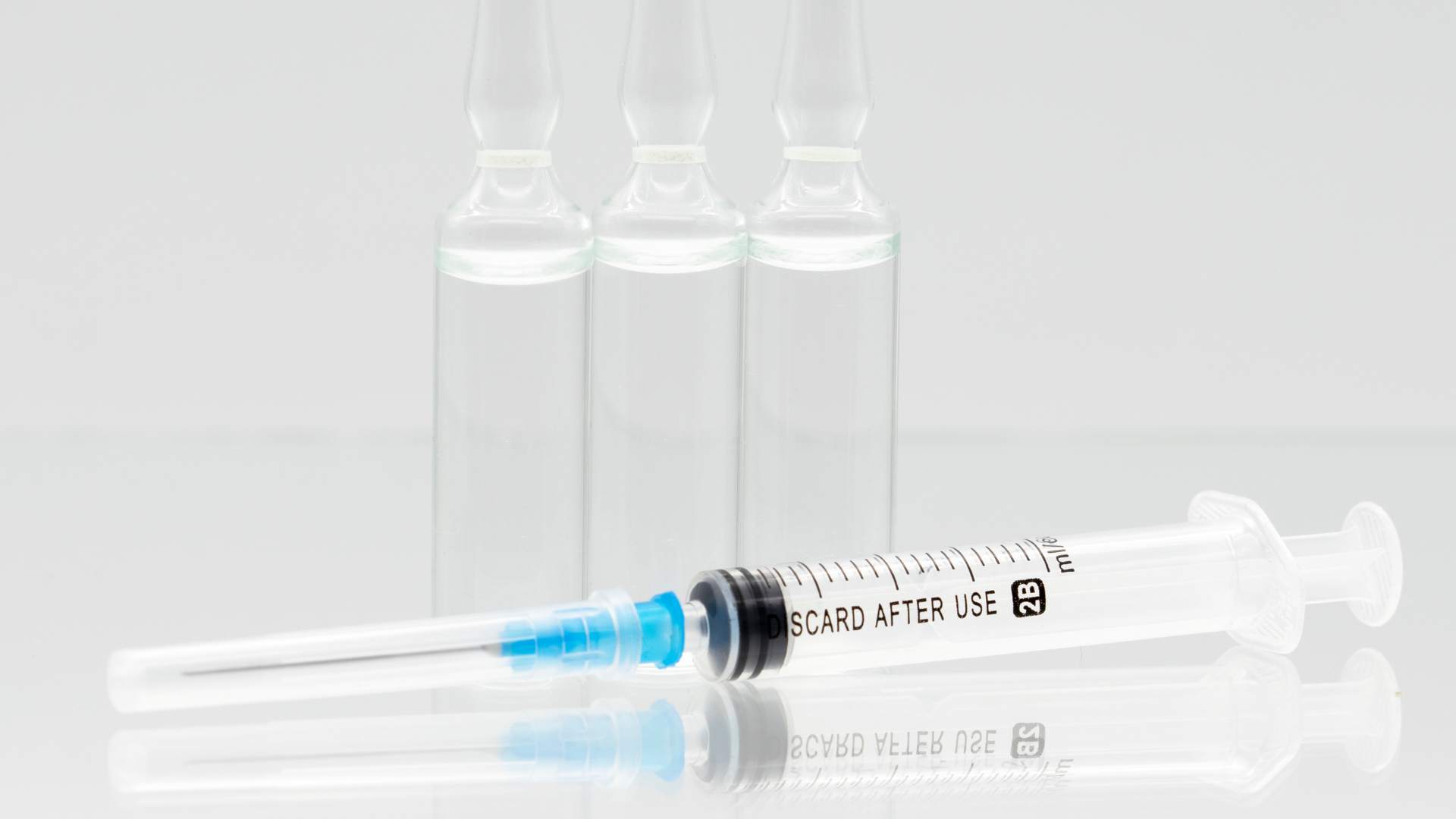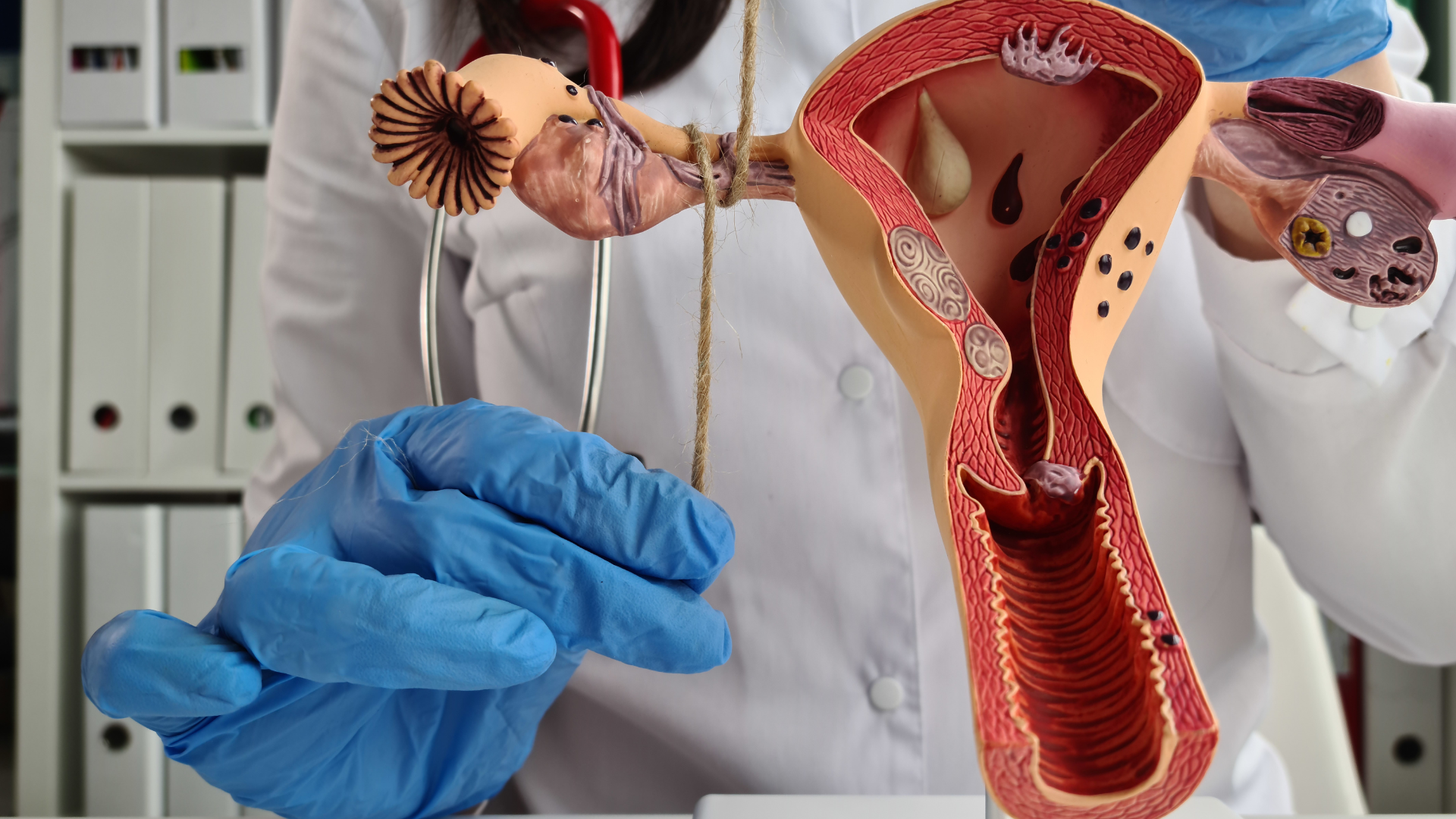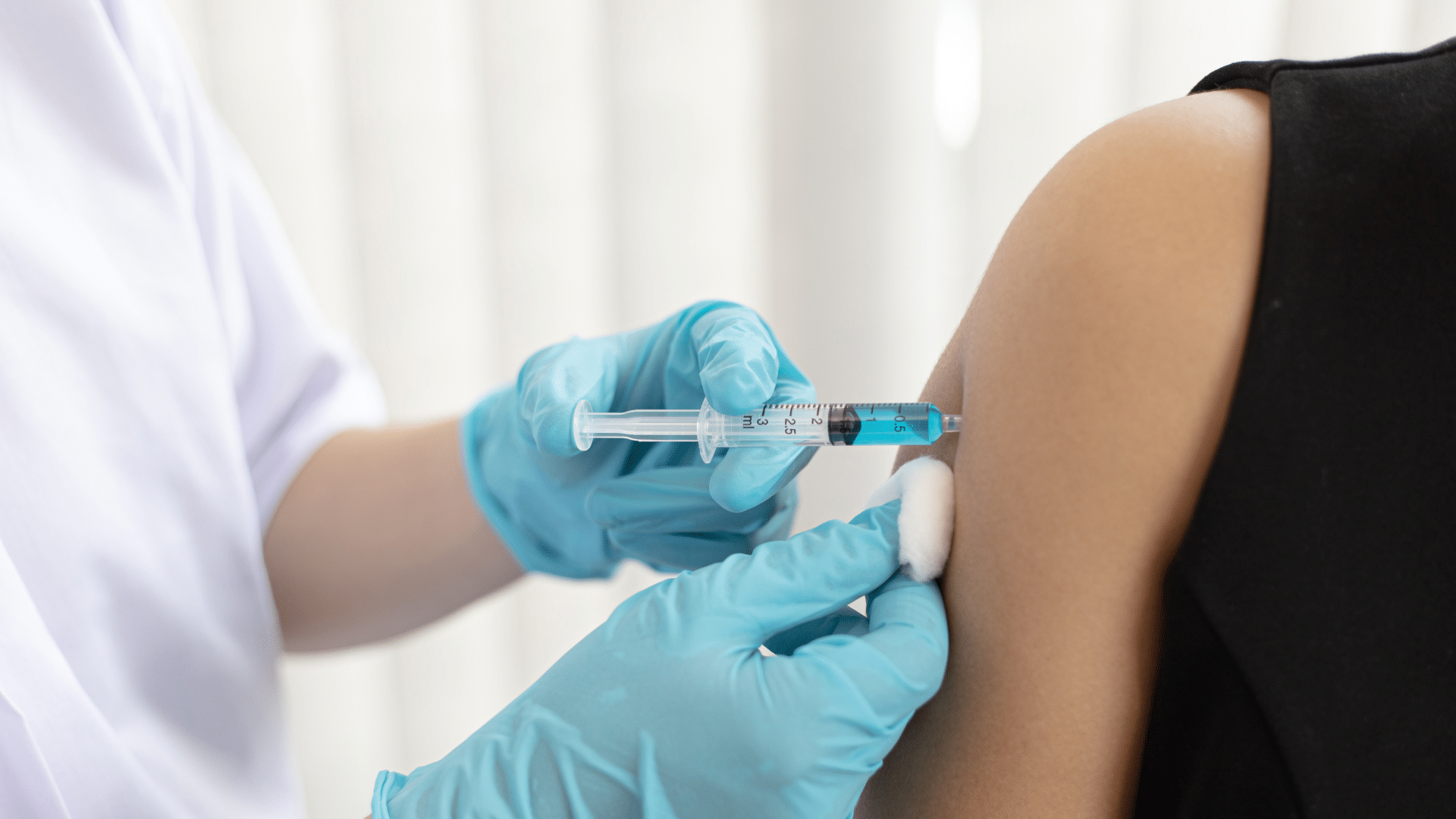Prescribing information is critical to medication management and patient care. According to the Centers for Disease Control and Prevention (CDC), nearly half of all U.S. individuals have used prescription drugs in recent years. This highlights the importance of accurate and accessible prescribing information for a significant portion of the population.
Depo Provera, a contraceptive injection containing medroxyprogesterone acetate, exemplifies the need for comprehensive prescribing information. Administered every three months, its use requires careful consideration of patient history and potential side effects.
This article will explore essential details healthcare providers need to know when prescribing Depo Provera, focusing on dosage, indications, contraindications, and patient counseling points to ensure optimal patient outcomes.
Key Takeaways
- Depo Provera is a contraceptive injection containing the active ingredient medroxyprogesterone acetate, which prevents pregnancy by inhibiting ovulation and altering cervical mucus and uterine lining.
- The effectiveness of Depo Provera relies on strict adherence to the dosing schedule, which involves receiving injections every 12 to 14 weeks for Depo Provera 104 and every 13 weeks for Depo Provera CI.
- Certain individuals with specific health conditions or histories, such as severe heart problems, liver disease, hormone-related cancers, or unexplained vaginal bleeding, should avoid using Depo Provera.
About: DoctorMedica is your trusted supplier of top-quality dermal fillers, viscosupplements, and more for your medical practice. We offer genuine products from leading brands at the lowest prices in the market. If you’re looking to buy Depo Provera wholesale for your practice, the sales representatives at Doctor Medica can give you guidance.
What is Depo Provera?

Medroxyprogesterone acetate, the active ingredient in Depo Provera, is a potent contraceptive that delivers progestin into the body. This hormone prevents ovulation, thickens cervical mucus to block sperm from reaching an egg, and thins the uterine lining to deter implantation.
Depo Provera is recommended for women seeking an alternative to daily oral contraceptive pills or other hormonal methods like patches. Its efficacy depends significantly on receiving injections at the recommended intervals—every 12 to 14 weeks for depo-subQ Provera 104 and every 13 weeks for Depo Provera CI at a dose of 150 mg via deep intramuscular injection using a strict aseptic technique.
However, Depo Provera is not suitable for everyone. Patients with severe heart problems, liver disease, hormone-related cancers like breast cancer, or unexplained vaginal bleeding should not use this contraceptive.
Patient Selection and Counseling

To be eligible for Depo Provera, users must adhere to a strict schedule. The recommended dose is 150 mg every three months or 104 mg subcutaneously every 12 to 14 weeks. Adhering to this timing is crucial for ensuring the effectiveness of the birth control shot. If more than 14 weeks pass between injections, checking for pregnancy before administering another dose is essential.
Side effects can range from minor annoyances to more serious health concerns that should not be overlooked. Patients need clear information on the simplicity of use and what to watch for after receiving their shot.
Before getting Depo Provera, patients should receive comprehensive information from their doctor. This step ensures they understand what to expect, how the injection works, and its primary goal of preventing pregnancy.
Administration and Dosage
Depo Provera is administered in two forms: Depo Provera CI and depo-subQ Provera 104.
- The standard dosing regimen for Depo Provera CI is 150 mg injected every 13 weeks (approximately three months).
- The recommended dose for Depo SubQ Provera 104 is 104 mg, administered subcutaneously every 12 to 14 weeks. Adherence to these intervals is crucial for maintaining the contraceptive’s effectiveness and preventing pregnancy.
Injection Site And Technique
Choose either the upper thigh or the abdomen for the injection. Clean the area with an alcohol pad to reduce infection risk. For gluteal IM injections, assess body habitus to determine if a longer needle is needed. Remember to use a strict aseptic technique.
Preparation for the Injection Procedure
- Patient Consultation: Before administering Depo Provera, ensure that the patient understands the dosing schedule, potential side effects, and the importance of adhering to the injection timeline. They can also discuss other factors like the link between Depo Provera and menopause or how it can put patients at risk of osteoporosis.
- Equipment Check: Gather all necessary supplies, including the appropriate dose of Depo Provera, a sterile needle and syringe, alcohol swabs, and bandages.
- Aseptic Technique: Follow strict aseptic techniques to minimize the risk of infection. Clean the injection site with an alcohol swab and allow it to dry.
- Dosage Verification: Double-check the dosage and ensure it matches the prescribed amount. For Depo Provera CI, ensure the dose is 150 mg; for Depo SubQ Provera 104, ensure it is 104 mg.
- Injection Administration: Administer the injection according to the recommended technique for the type of Depo Provera used.
Post-Injection Care and Follow-Up

After receiving a Depo Provera injection, patients should be aware of potential side effects. These may include irregular bleeding, weight changes, mood swings, and changes in libido. If any unusual symptoms occur, patients should promptly consult their healthcare provider.
Regular follow-up appointments are also essential. Typically, patients receive Depo Provera injections every 3 months. During these visits, healthcare providers assess overall health, discuss any concerns, and evaluate the need for continued contraception. Patients should adhere to their scheduled appointments.
Furthermore, missing a Depo Provera dose can reduce contraceptive efficacy. If patients miss their scheduled injection, they should contact their provider immediately. Depending on the timing, additional contraceptive methods may be necessary until the next scheduled dose.
Managing Side Effects
Depo Provera has side effects that users may experience. Knowing how to manage these can help reduce discomfort and maintain health.
- Weight gain is typical; encourage maintaining a balanced diet and regular exercise.
- Some women report mood changes; support groups or counseling might help.
- Irregular or no periods can happen; reassure that this is normal, but keep track of any patterns.
- Headaches may occur; suggest over-the-counter pain relievers and staying hydrated.
- Decreased bone density is a concern with long-term use; calcium and vitamin D supplements, along with weight-bearing exercises, should be recommended.
- Fatigue or tiredness can be managed by ensuring a good sleep routine and proper nutrition.
- Soreness at the injection site is typical; advise applying a cold pack if needed for relief.
- Some experience skin reactions or acne; gentle skin care products and consulting a dermatologist can help manage this issue.
Some serious side effects need immediate attention. Patients should head to a doctor if they experience severe allergic reactions, sudden heavy bleeding, or significant changes in their mood and behavior.
Using Depo Provera for a long time requires careful thought. Doctors suggest getting the shot, which contains 150 mg of medroxyprogesterone acetate, every three months or 13 weeks. This schedule keeps the drug’s ability to prevent pregnancy high.
Conclusion
Depo Provera offers a reliable birth control option for those seeking long-term pregnancy prevention, provided that injections are received on schedule every 12 to 14 weeks.
While side effects can occur, understanding how to manage them is crucial. Regular communication with your doctor and staying informed about what to expect are key to navigating these effects. Choosing Depo Provera means committing to a regimen that requires attention and care, but it can provide peace of mind for many in their contraceptive needs.
FAQs
1. What is Depo Provera?
Depo Provera is a type of birth control shot that health professionals prescribe. It contains the hormone progestin and helps prevent pregnancy.
2. How often do you take Depo Provera?
Depo Provera is a shot taken once every three months or four times a year, as prescribed by your healthcare provider.
3. Are there any side effects from using Depo Provera?
Yes, like all medications, there can be side effects with Depo Provera; these might include weight gain, irregular periods, or mood changes.
4. Can anyone use Depo Provera for birth control?
This method is not for everyone. Your doctor will need to review your medical history before prescribing Depo Provera.
References
Centers for Disease Control and Prevention. (n.d.). Therapeutic drug use. Retrieved July 9, 2024, from https://www.cdc.gov/nchs/fastats/drug-use-therapeutic.htm
Cleveland Clinic. (n.d.). Depo Provera birth control shot. Cleveland Clinic. Retrieved July 9, 2024, from https://my.clevelandclinic.org/health/drugs/4086-Depo Provera-birth-control-shot
U.S. Food and Drug Administration. (2003). Depo Provera: Prescribing information. U.S. Food and Drug Administration. Retrieved July 9, 2024, from https://www.accessdata.fda.gov/drugsatfda_docs/label/2003/20246scs019_Depo Provera_lbl.pdf
Related Articles
Joanna Carr
Evenity and Prolia – How They Work Differently
Discover how Evenity and Prolia differ in treating osteoporosis, including their mechanisms, benefits, and the role of sequential therapy in fracture ...
Joanna Carr
Plinest Eye – Rejuvenate the Periorbital Area
Plinest Eye treatment enhances the delicate periorbital region, reducing fine lines, wrinkles, and signs of fatigue through polynucleotide-based skin ...
Joanna Carr
Durolane vs Euflexxa – Comparing OA Injections
Compare Durolane and Euflexxa injections for osteoarthritis. Discover their differences in composition, effectiveness, and suitability for managing kn...



